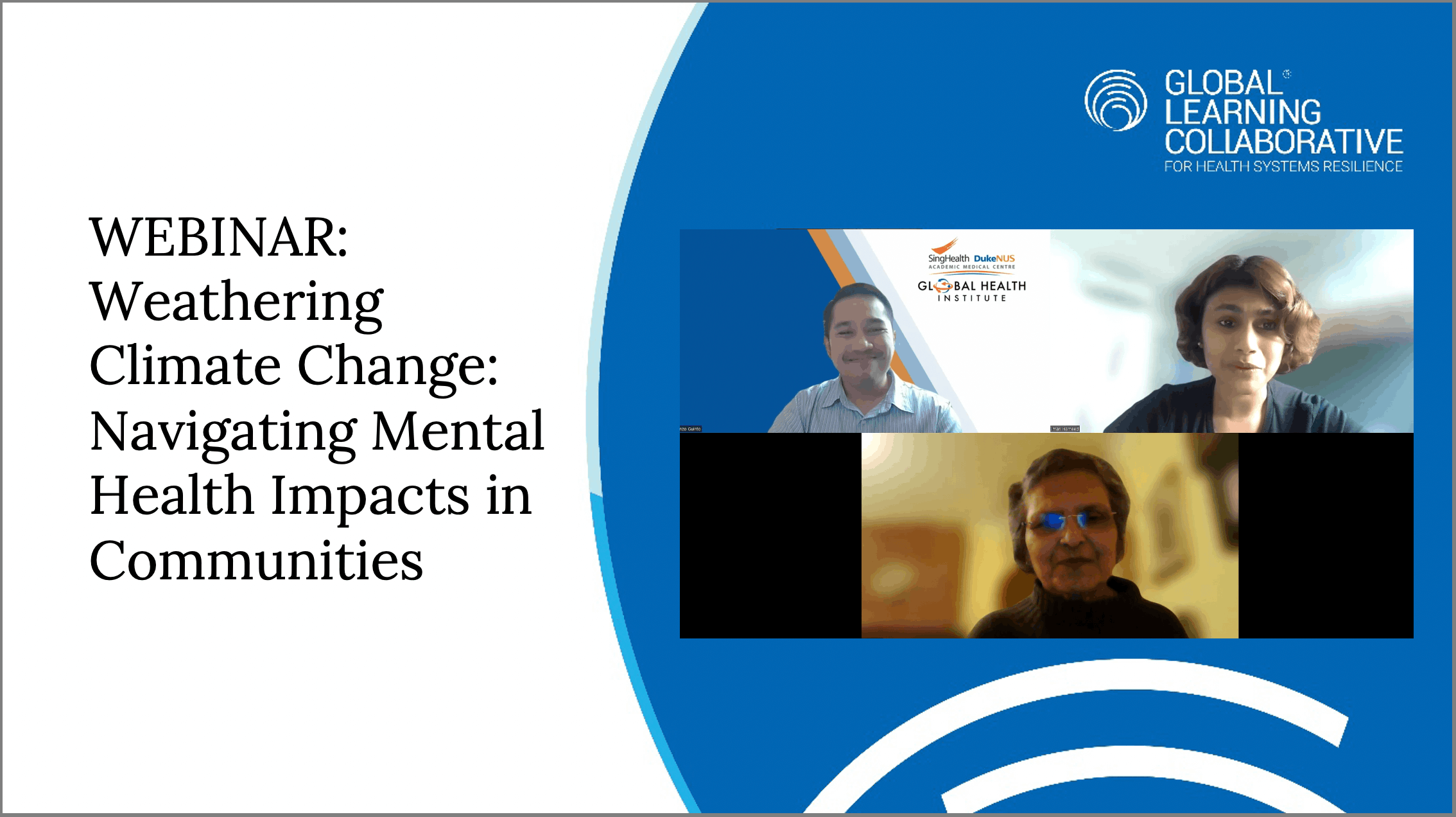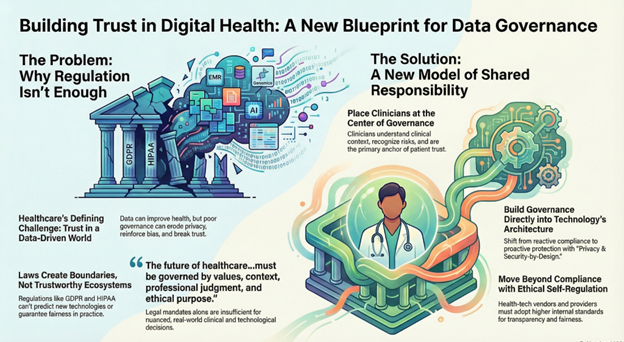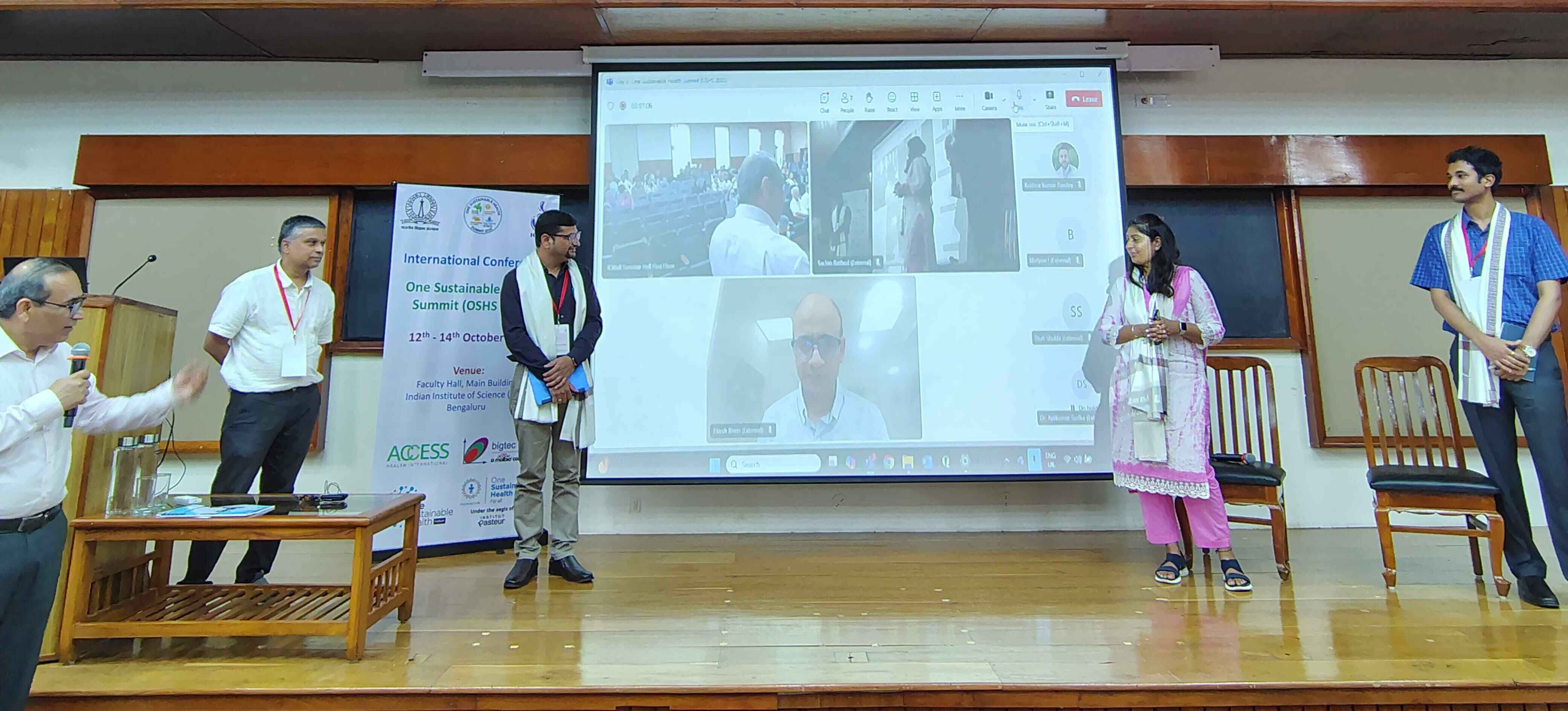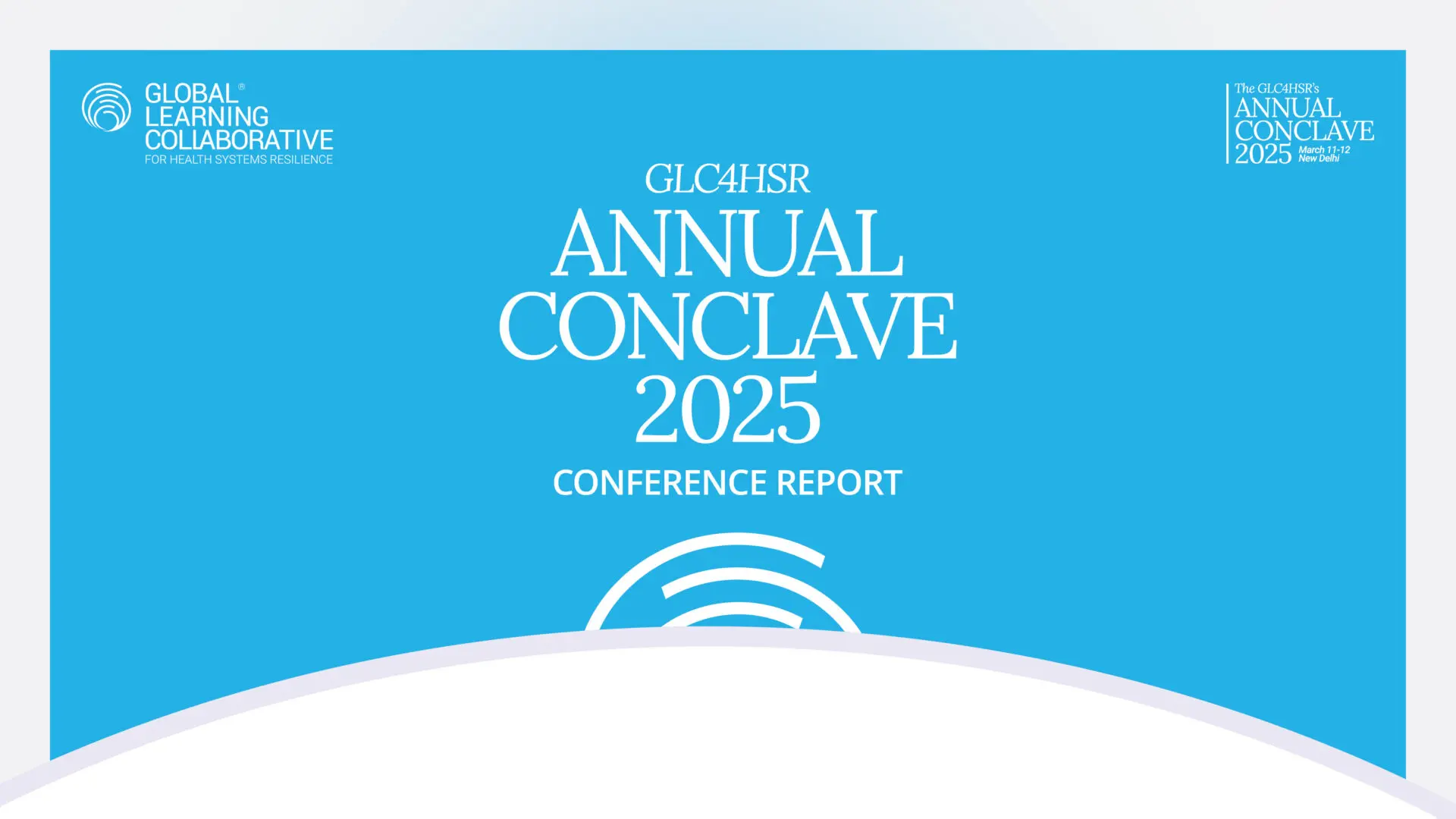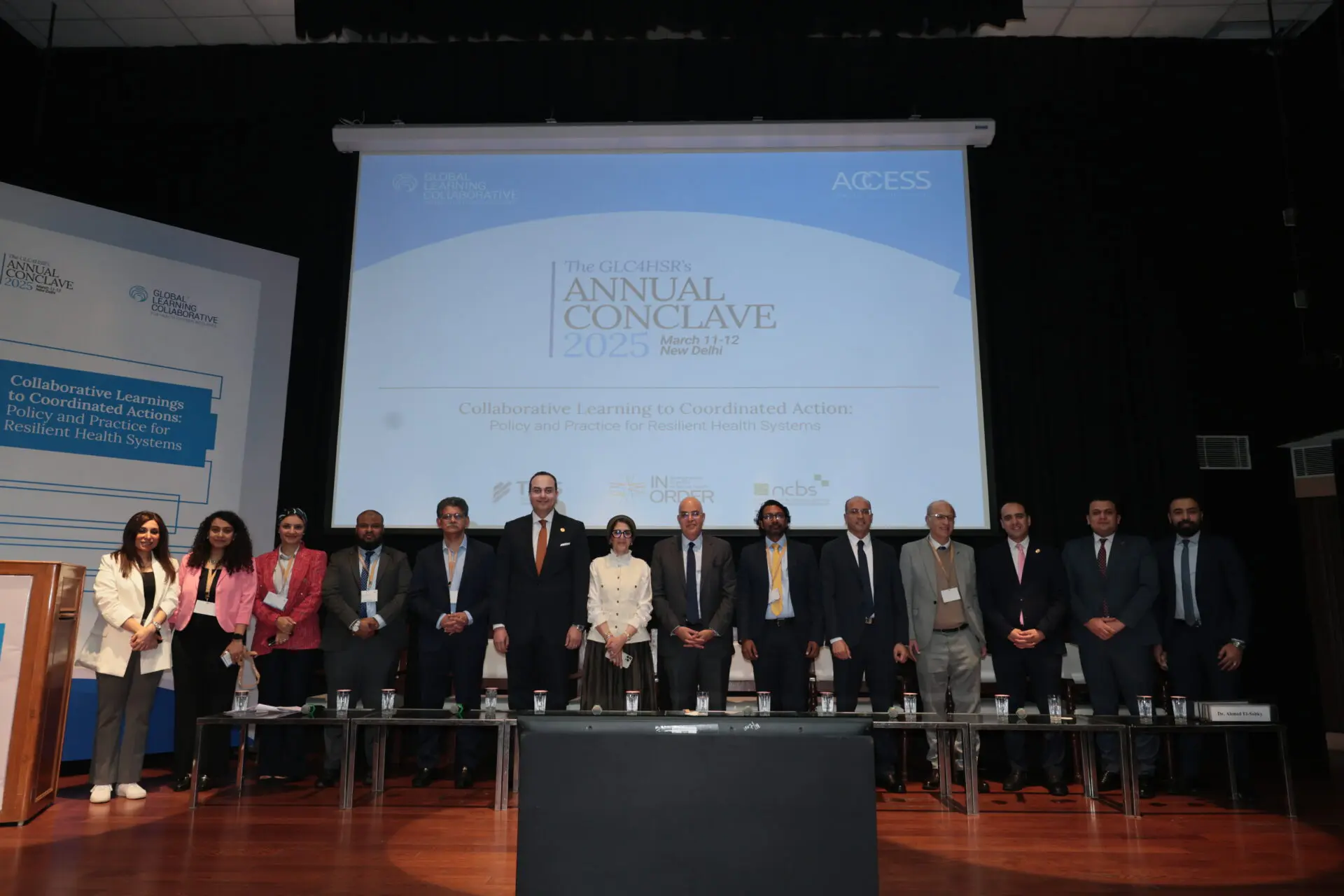Webinar Recap: Tackling Climate-Induced Mental Health Threats with Global Experts
Updates ▪ Feb 21, 2024
On 20 February, the Global Learning Collaborative for Health System Resilience (GLC4HSR) hosted the second webinar on Climate Change and Health. Attended by diverse stakeholders from healthcare, philanthropy, academia, and government, the event spotlighted the mental health threats from climate change, and interdisciplinary strategies required at the community, government, and regional level. The session featured two world renowned experts in Prof. Mala Rao, Director of Ethnicity and Health Unit at Imperial College London; and Dr Renzo Guinto, Associate Professor of Global and Planetary Health at the SingHealth Duke NUS Global Health Institute.
Prof Mala Rao urged the importance of building sustainable mental health delivery systems, and for advocates to balance practical anxiety with hopefulness in mitigating climate impact. Doctor Renzo Guinto emphasized the importance of adopting a planetary view to address climate and mental health issues.
As a takeaway message, the session stressed the importance of community engagement with indigenous communities is key to localizing mental health adaptations in the Global South countries.
The webinar recording can be found here.
Key points of the session include:
- Climate change exacerbates mental health conditions, especially in indigenous communities with limited access to services.
- Extreme weather events disproportionately affect the Global South, leading to increased mental health risks including higher suicide rates and anxiety.
- There is also a dearth of coal research on how climate affect mental health in the Asian and Global South context.
- Practical actions to address mental health concerns related to climate change include reducing air pollution and promoting community resilience.
- Southeast Asia, particularly the Philippines, faces significant mental health challenges due to climate change, including anxiety and trauma from extreme weather events.
- Climate adaptation policies and programmes must be culture-sensitive and culture appropriate; Indigenous communities possess valuable knowledge for climate change adaptation and should be involved in solutions.
- Policymakers often overlook mental health in climate change policies, highlighting the need for advocacy and storytelling.
- Physical health and its determinants affect mental wellbeing, so interventions must address them holistically.
- Climate change education should be integrated across disciplines, including medical curricula, to address the crisis effectively.
- Localizing conversations on climate and mental health is essential, with a focus on community engagement and actionable solutions.


